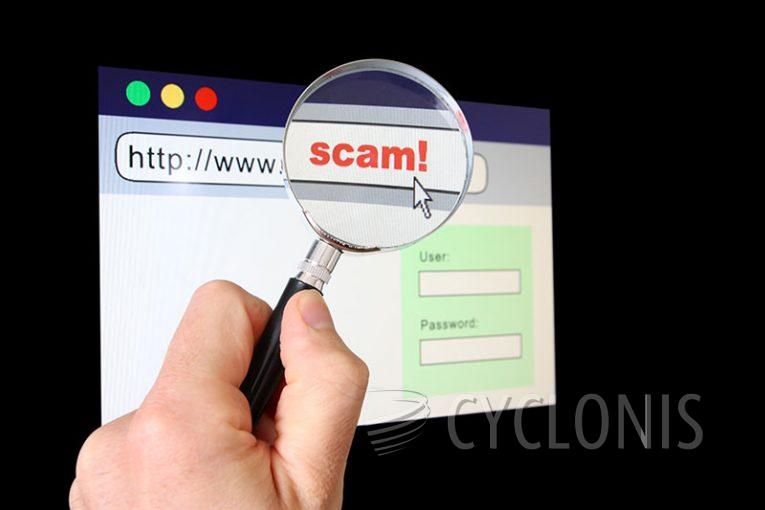ShareFile - Advance Payment Approval Email Scam

We've analyzed the email in question and determined that it's a fraudulent message crafted by scammers aiming to acquire sensitive information. Such emails are commonly referred to as phishing emails. This deceptive email masquerades as a notification regarding an alleged final agreement.
The email, supposedly from Sharefile, informs the recipient that a contract has been finalized and prompts them to review its activity history or download a copy. It asserts that all parties have completed the process related to approving an advance payment.
Additionally, it advises the recipient to add "adobesign@adobesign.com" to their address book or safe list to ensure ongoing receipt of emails. Clicking the "Open agreement" button directs users to a phishing website mimicking a Sharefile login page. This fraudulent page requests users to input their email address and password, essentially aiming to steal their login credentials.
By obtaining access to login credentials through phishing, scammers can hijack the victim's account, gaining unauthorized entry to sensitive files and personal information stored within the Sharefile platform.
Moreover, scammers might utilize the stolen credentials to distribute malware or conduct additional phishing campaigns. They could exploit the compromised account to send malicious links or files to contacts within the victim's network, spreading the scam to a wider audience and potentially causing more harm.
Additionally, having access to the victim's email address and password creates opportunities for exploiting other online accounts. Since many users tend to reuse passwords across multiple platforms, scammers could attempt to access other accounts using the same credentials, potentially gaining entry to sensitive personal or financial information across various online services.
What Are the Top Five Red Flags of a Scam Email?
Identifying scam emails can be crucial in protecting yourself from various online threats, including phishing, malware, and identity theft. Here are the top five red flags to watch out for in a scam email:
Unsolicited Requests for Personal Information: Be wary of emails requesting sensitive personal information, such as passwords, Social Security numbers, or financial details. Legitimate organizations typically do not ask for such information via email. If an email asks for personal information out of the blue, it's likely a scam.
Urgent or Threatening Language: Scam emails often use urgent or threatening language to create a sense of panic or fear. They may claim that your account has been compromised, your payment is overdue, or you're facing legal action. These tactics are designed to pressure you into taking immediate action without thinking critically.
Poor Grammar and Spelling Errors: Many scam emails originate from non-native English speakers or automated programs, resulting in poor grammar and spelling errors. Legitimate organizations usually have professional communication standards and carefully proofread their emails. If you notice frequent grammatical mistakes or awkward phrasing, it could be a red flag.
Suspicious Links or Attachments: Be cautious of emails containing suspicious links or attachments, especially from unknown senders. These links may lead to phishing websites designed to steal your login credentials or install malware on your device. Similarly, attachments may contain malicious software that could harm your computer or compromise your security.
Unusual Sender Addresses or Domain Names: Check the sender's email address and domain name carefully. Scammers often use email addresses that mimic legitimate organizations but contain slight variations or misspellings. For example, instead of "@paypal.com," they might use "@paypa1.com" or "@paypall.com." Be cautious of emails from unfamiliar or unexpected senders, especially if the domain name seems suspicious.
By staying vigilant and recognizing these red flags, you can better protect yourself from falling victim to scam emails. Remember to always verify the authenticity of emails before clicking on links, downloading attachments, or providing personal information. When in doubt, contact the organization directly through official channels to confirm the legitimacy of the email.








